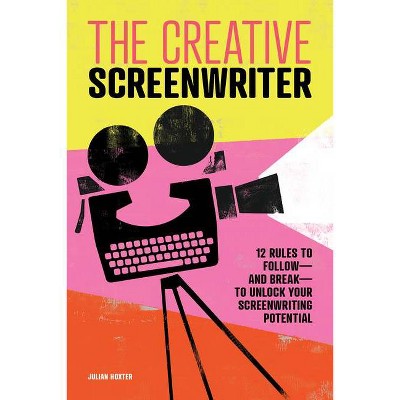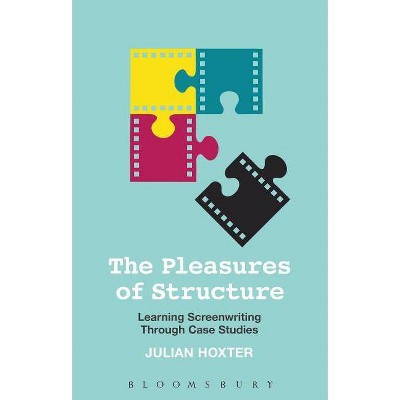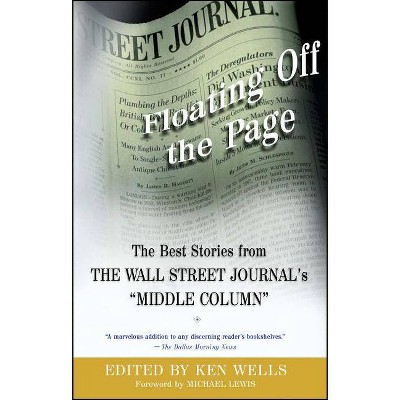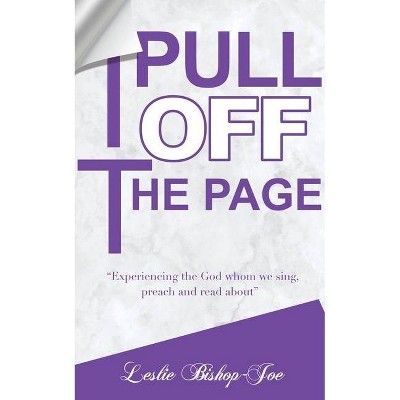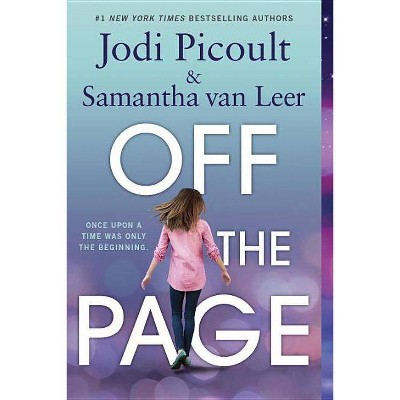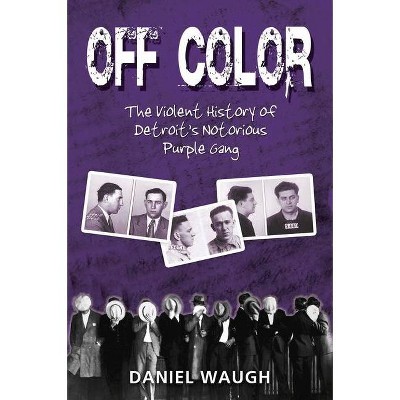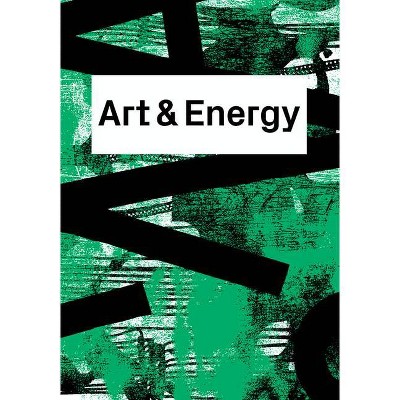Off the Page - by Daniel Bernardi & Julian Hoxter (Paperback)
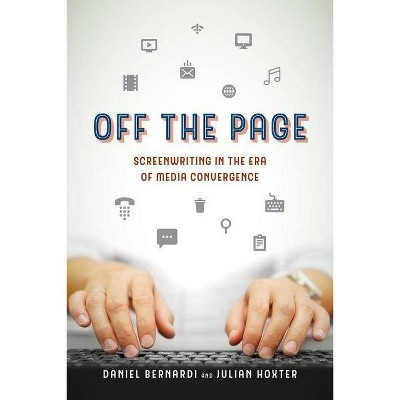
Similar Products
Products of same category from the store
AllProduct info
<p/><br></br><p><b> About the Book </b></p></br></br> "Due to rapid technological change, economic challenges facing media industries, and the writers' strike of 2007-08, screenwriting has been changing dramatically. While industry professionals in LA are still writing screenplays, what the studios want is changing, and there are new players in the market. Larger studios have become more conservative about the 'tentpole' pictures they need to make their bottom lines work, relying more on sequels, remakes, and established properties with track records in other media. The spec market for pre-written scripts and pitches by established professionals is in drastic decline--and viable content creation by fans and amateurs is on the rise. At the same time new opportunities for writers are proliferating in TV, micro--budget independents, games, and emerging content platforms like iTunes and VOD services. Off the Page is designed to be used by students and writers who want to understand what studios want, and what kind of opportunities exist beyond the old-school three-act structure screenplay. The book addresses specific genres old and new, a wide range of media, as well as specific professional details like working collaboratively in a 'writer's room,' showrunning, and the specific ways that scripts themselves are now written."--Provided by publishe<p/><br></br><p><b> Book Synopsis </b></p></br></br><i>Off the Page</i> examines the business and craft of screenwriting in the era of media convergence. Daniel Bernardi and Julian Hoxter use the recent history of screenwriting labor coupled with close analysis of scripts in the context of the screenwriting paraindustry--from "how to write a winning script" books to screenwriting software--to explore the state of screenwriting today. They address the conglomerate studios making tentpole movies, expanded television, Indiewood, independent animation, microbudget scripting, the video games industry, and online content creation. Designed for students, producers, and writers who want to understand what studios want and why they want it, this book also examines how scripting is developing in the convergent media, beneath and beyond the Hollywood tentpole. By addressing specific genres across a wide range of media, this essential volume sets the standard for anyone in the expanded screenwriting industry and the scholars that study it.<p/><br></br><p><b> From the Back Cover </b></p></br></br>"Bernardi and Hoxter provide an astute cultural-industrial analysis of the creative labor of screenwriters, whose contributions have been increasingly devalued in the post-1980s era of deregulation, conglomeration, and globalization, as blockbuster media franchises and tentpole marketing have prompted a type of corporate group-think. Screenwriters have been historically undervalued in favor of directors, whose work has been lionized by industry trades and scholarly accounts alike ever since auteur theory first landed in the United States in the 1960s. This highly accessible but knowing production study of screenwriters provides a much-needed antidote to the plethora of 'how-to' books, workshops, and blogs currently flooding the marketplace."--Denise Mann, Professor, Department of Film, Televison, and Digital Media, University of California, Los Angeles <p/> "Screenwriters work in a universe of rapidly evolving media platforms while buffeted by artistic, corporate, marketing, and production demands. Bernardi and Hoxter explore these murky waters in depth, along with the careers, hopes, and frustrations of seasoned screenwriters. An insightful must-read for writers across all emerging and converging media."--David Howard, author of <i>The Tools of Screenwriting</i> and <i>How to Build a Great Screenplay</i> <p/> "At last, a book about screenwriting that breaks-out of the 'how-to' echo chamber of tired orthodoxies about story, plot, and career. This book does a rare thing: it provides a compelling bird's-eye view of how the industry's recent technological and economic changes have disrupted conventional writing practices, even as it closely analyzes scripts and drills deeply into the thoughts and words of working screenwriters. Each chapter details how one current mode--the tentpole picture, the TV writers room, independent and micro-budget filmmaking, and videogames--have impacted the kinds of stories written, the types of funding involved, the role of guilds, and the precarious nature of the writer's labor since 2000. A must-read in screenwriting and media industry studies."--John T. Caldwell, author of <i>Production Culture: Industrial Reflexivity and Critical Practice in Film and Television</i><p/><br></br><p><b> Review Quotes </b></p></br></br><br>"Bernardi and Hoxter ... provide a scholarly exploration of the processes, complexities, and possibilities of the motion picture industry and the para-industries consuming the screenwriter's product."-- "CHOICE" (7/1/2018 12:00:00 AM)<br><p/><br></br><p><b> About the Author </b></p></br></br><b>Daniel Bernardi</b> is Professor of Cinema in the School of Cinema at San Francisco State University. He is a documentary filmmaker, edits the War Culture book series at Rutgers University Press, and has published several books on film, television, and popular culture. <p/><b>Julian Hoxter</b> is Associate Professor of Cinema in the School of Cinema at San Francisco State University. He is a produced screenwriter and has published three books on the history and practice of screenwriting.
Price History
Price Archive shows prices from various stores, lets you see history and find the cheapest. There is no actual sale on the website. For all support, inquiry and suggestion messages communication@pricearchive.us
